With only one day remaining before the election of new parliamentarians, twenty outgoing MPs aligned with Agathon Rwasa — a central figure in Burundian opposition politics for over two decades — have issued a strongly worded open letter condemning the persistent deterioration of Burundi’s socio-economic, security, and human rights conditions over the past five years.
In a letter made public on Tuesday, the lawmakers urge the Burundian government to convene an inclusive National Conference aimed at finding sustainable solutions to the country’s mounting challenges and rebuilding national unity.
Judicial System Under Scrutiny
The lawmakers accuse the judiciary of political interference and inefficiency despite repeated presidential promises of reform. They highlight overcrowded prisons, with over 12,000 inmates crammed into facilities designed for just 4,194, noting that many detainees remain imprisoned even after acquittals or presidential pardons. They singled out the stalled case involving the opposition party CNL (National Congress for Liberty), which has been pending since April 2024, well beyond the mandated 60-day resolution period.
“Justice delayed is justice denied,” the MPs wrote, expressing concern that this judicial paralysis appears politically motivated, linked to upcoming electoral timelines from 2025 to 2027.
They also condemned state interference in political party disputes and religious institutions, which they say violates constitutional protections and political freedoms.
Security and Human Rights Concerns
The letter highlights alarming human rights violations, including killings, enforced disappearances, arbitrary detentions, and torture, especially targeting opposition supporters. More than ten CNL supporters have been killed nationwide over the last five years, while families still await news of missing relatives, according to the letter.
The MPs cited the 2024 report by the National Independent Human Rights Commission (CNIDH), which recorded 16 bodies found, nine homicides attributed to security forces, four cases of torture, and 18 enforced disappearances under investigation. Independent groups report even higher figures, with 65 enforced disappearances, 137 political detentions, 28 torture cases, and 11 extrajudicial killings documented in 2024 alone.
In a recent incident, a Twa MP from Kirundo was reportedly beaten by suspected National Intelligence Service (SNR) agents and narrowly escaped kidnapping—rescued only after local police responded to public calls for help.
The MPs asked pointedly, “If members of parliament are no longer safe, what hope is there for ordinary citizens? When will state institutions stop being wielded as instruments against the people?”
Economic and Social Challenges
While acknowledging some presidential efforts to raise pensions, revise administrative boundaries, and increase minimum wages, the MPs argue these reforms have stalled or lacked follow-through. They decry worsening poverty and inflation caused by corruption, foreign currency shortages, fuel scarcity, and cronyism in awarding public contracts.
The MPs also lament the crumbling education system, noting severe shortages of desks, infrastructure, teaching staff, IT equipment, laboratories, and scholarships. “How can we achieve quality education without basic resources, proper salaries for teachers, or facilities that prevent brain drain?” they questioned.
Health care is similarly under strain, with shortages of infrastructure, medical supplies, and qualified personnel. They warn that relying on a population living in poverty—already funding over 80% of the national budget—is unsustainable and risks further loss of health professionals to emigration.
Public infrastructure is also in disrepair, with at least seven major roads on the brink of collapse, hindering transportation and economic activity.
A Call for National Dialogue and Electoral Reform
In conclusion, the MPs call on the government to halt the rush to exclusive and non-transparent elections that, in their view, risk entrenching a de facto one-party state with authoritarian tendencies. Instead, they propose an inclusive National Conference involving all political and social stakeholders to forge a roadmap for a prosperous and stable Burundi.
They urge President Évariste Ndayishimiye to reconsider the current path toward allegedly rigged elections and instead foster the creation of an independent electoral commission (CENI) formed by consensus among all parties.
“Only transparent and inclusive elections can produce institutions that citizens truly trust,” they wrote. “A CENI appointed solely by those in power will only serve those in power.”

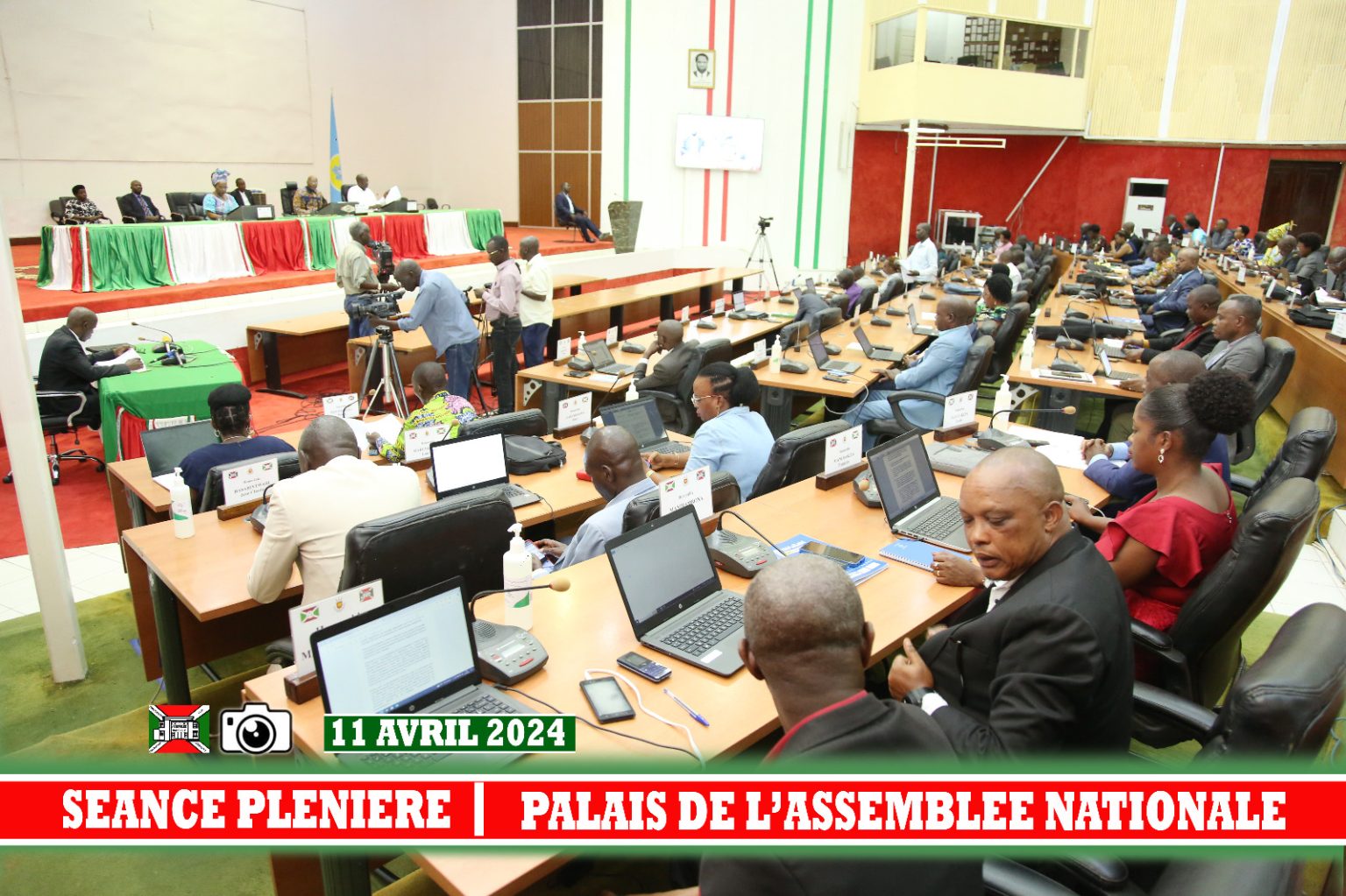
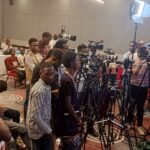
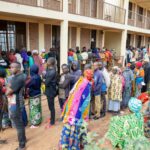
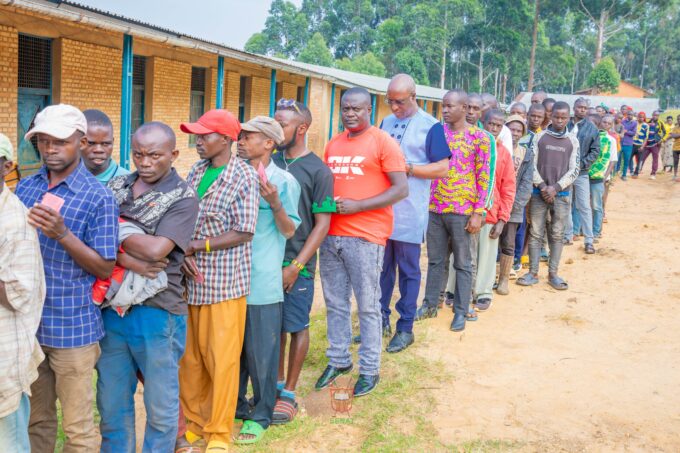
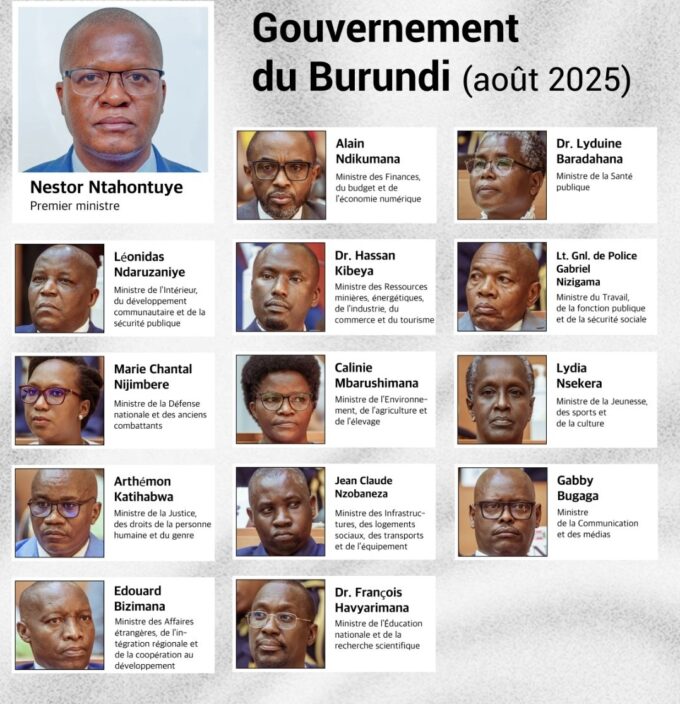
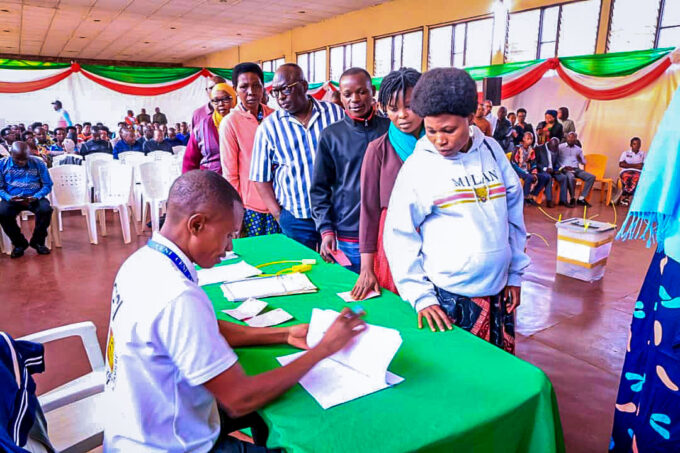
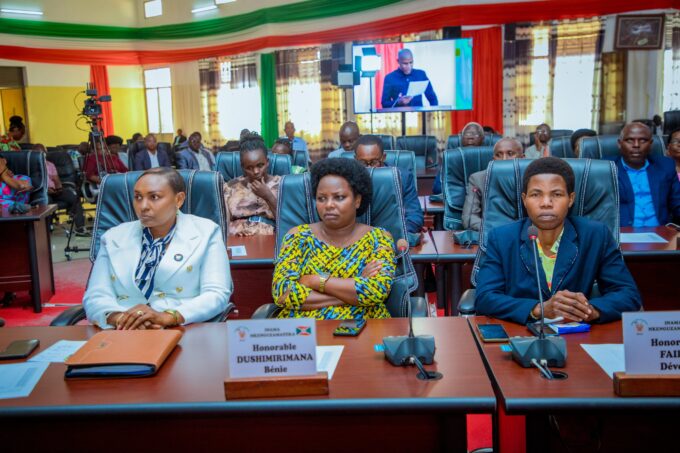
Leave a comment